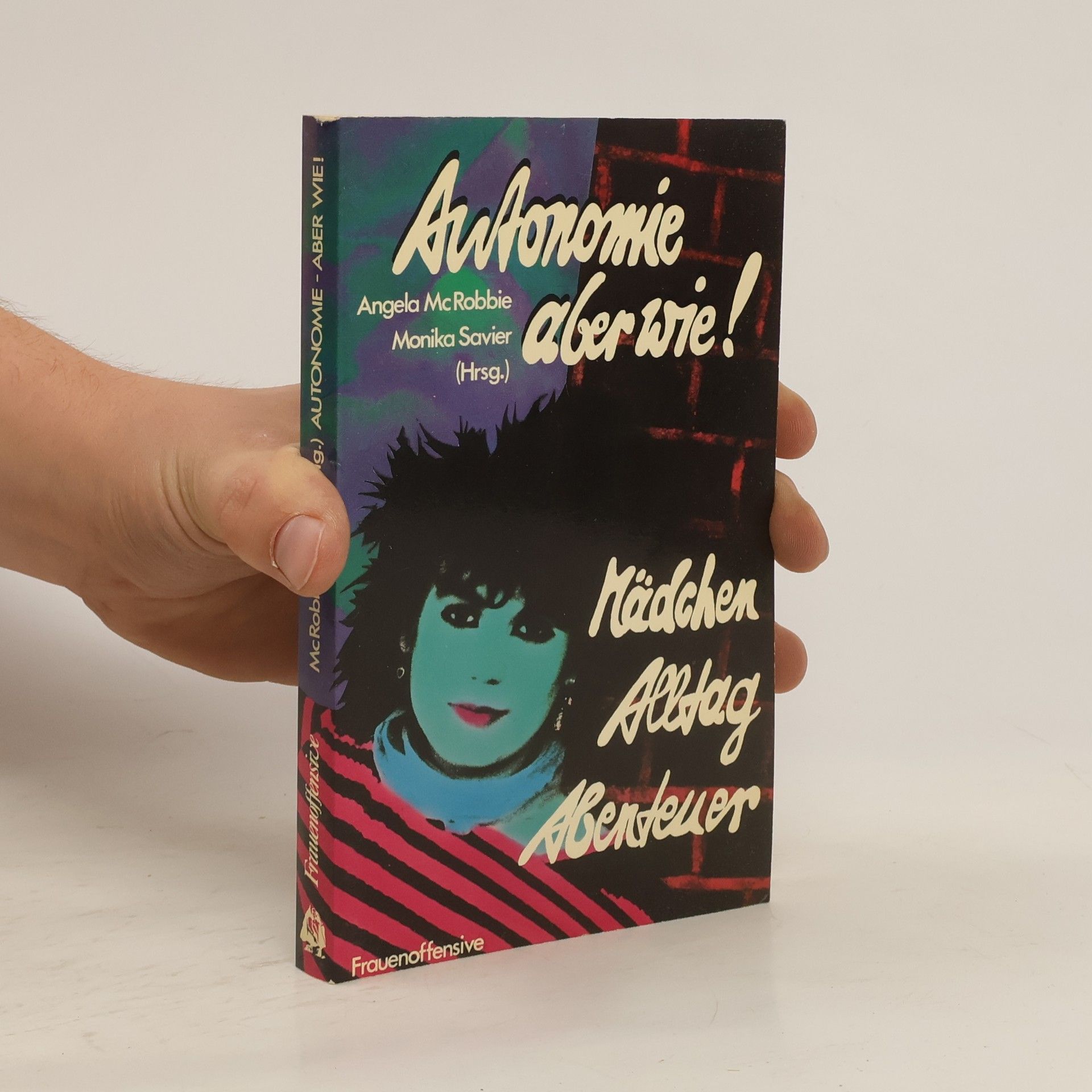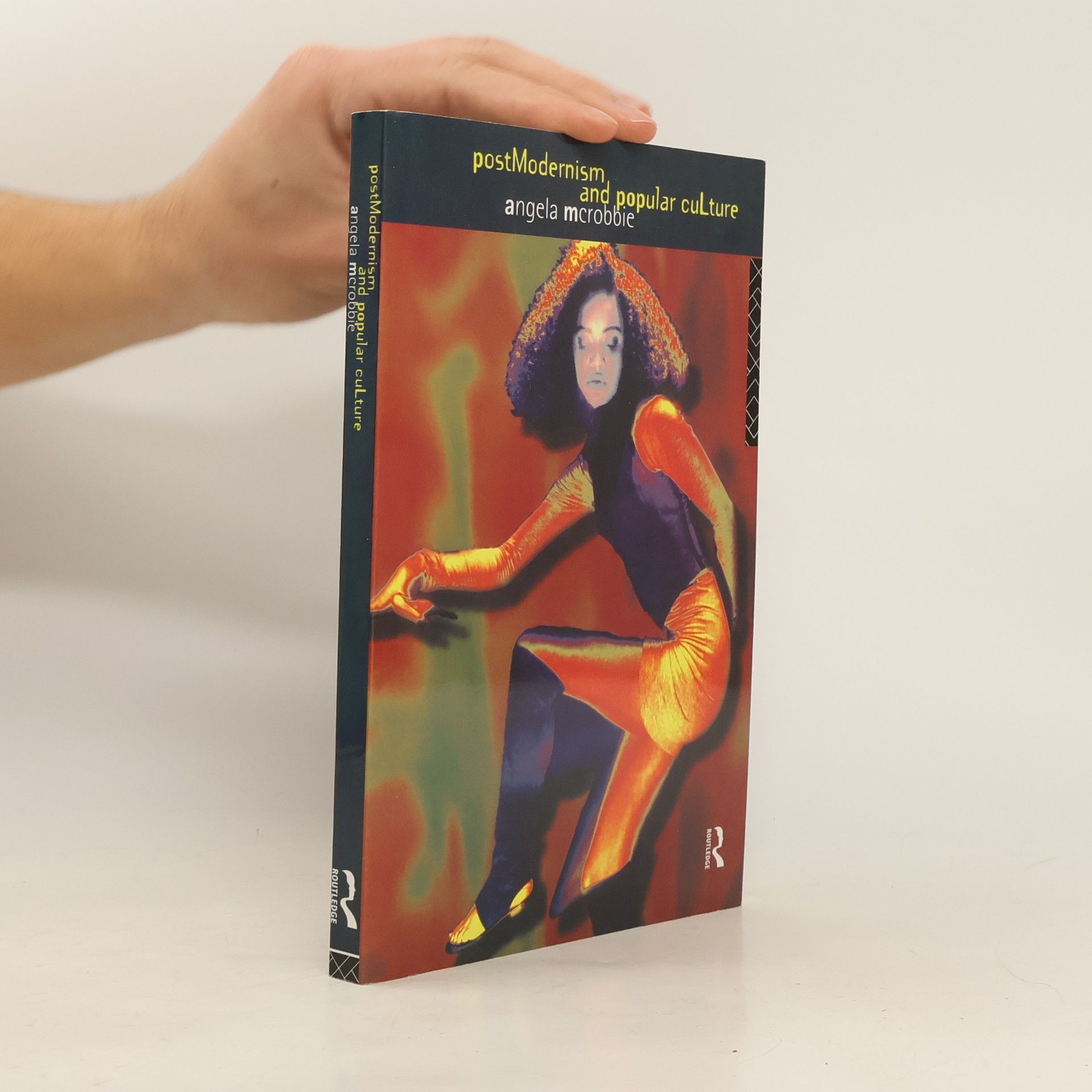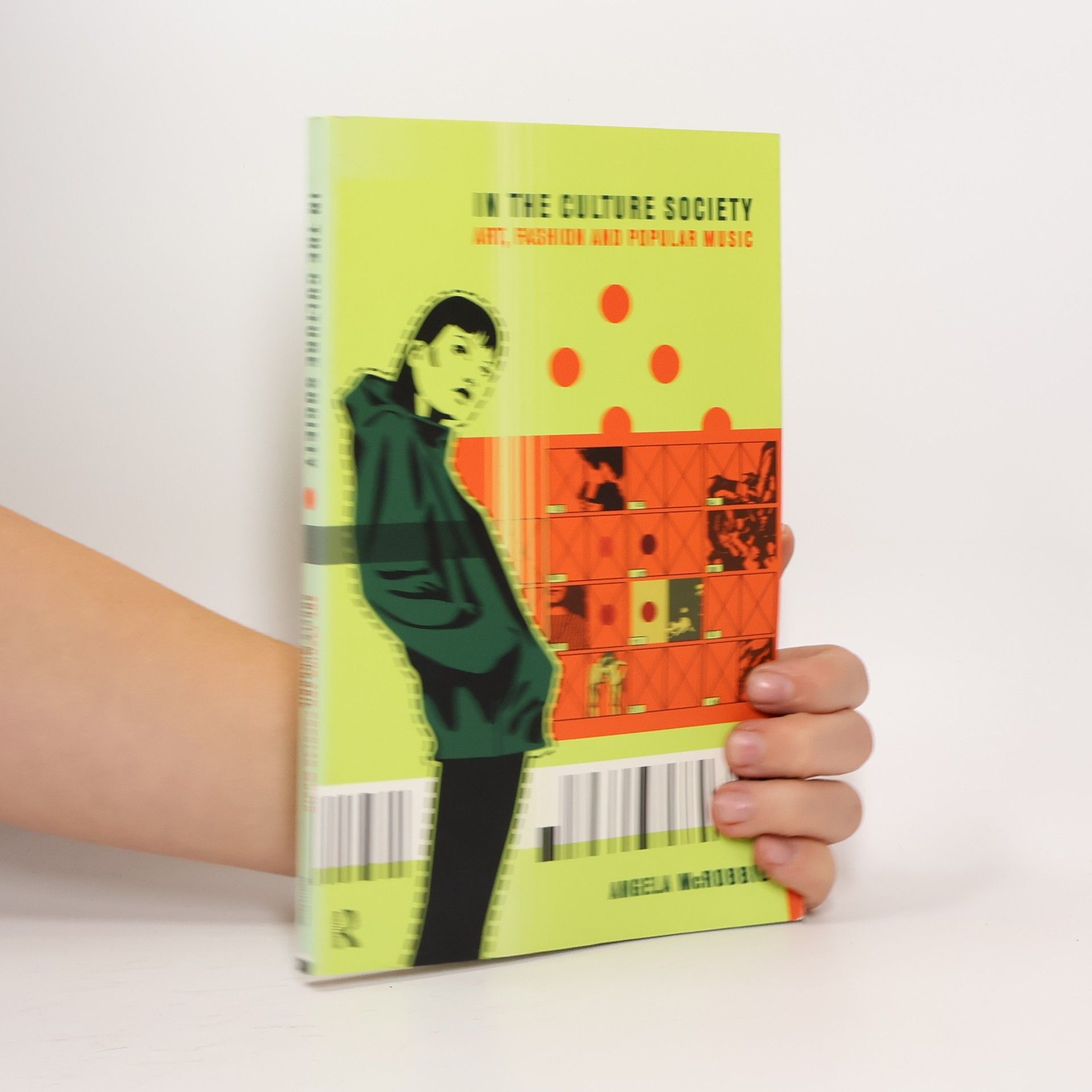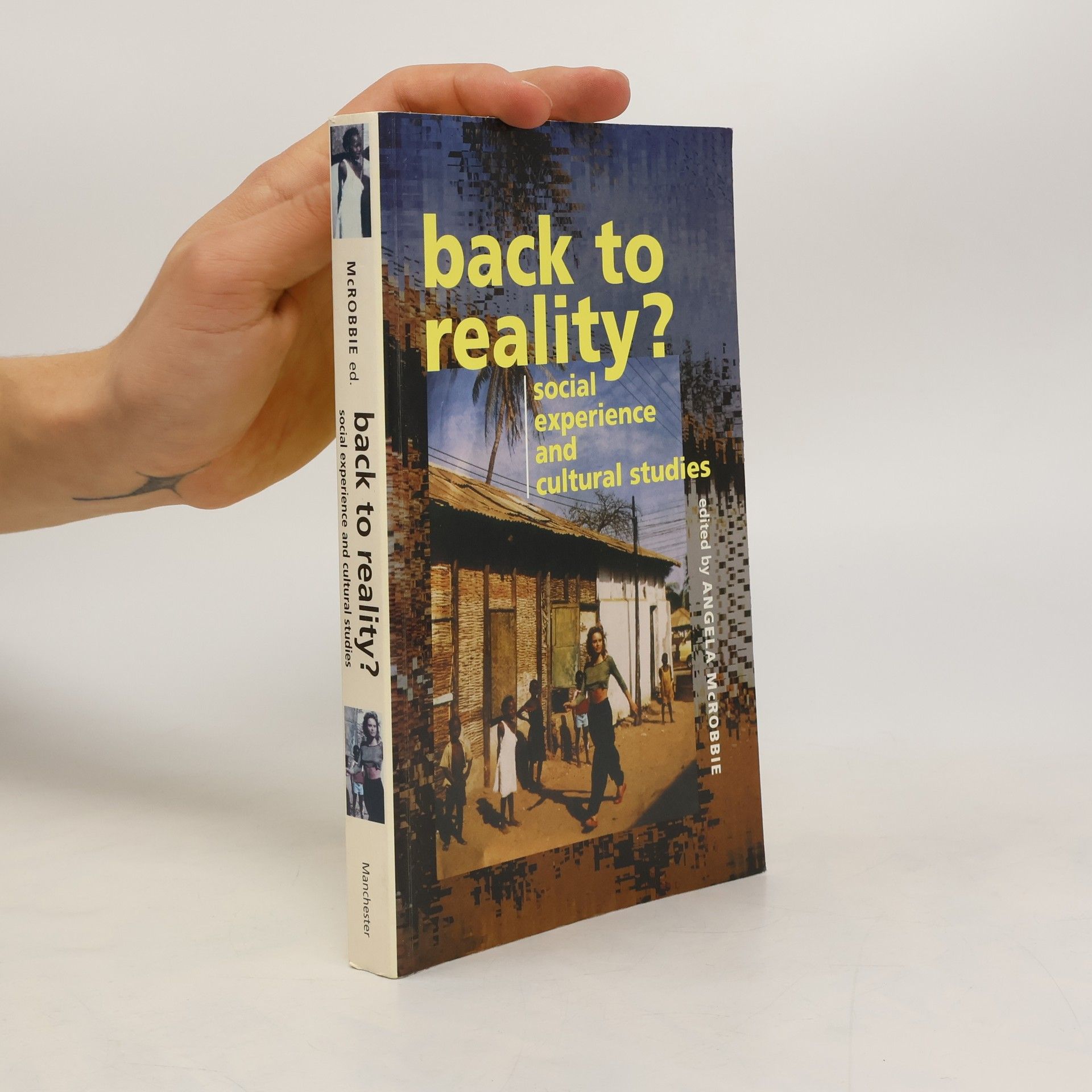Fashion as Creative Economy - Micro-Enterprises in London, Berlin and Milan
- 224 pages
- 8 hours of reading







A captivating analysis of neoliberal culture's hold on womanhood from the leading voice in cultural studies--
Feminismus und der Aufstieg des neoliberalen Geschlechterregimes
Mit dieser fulminanten Studie über den gegenwärtigen Zustand des Feminismus und seiner Verhandlung in der Populärkultur nimmt Angela McRobbie das zeitgenössische Aufatmen über das ,Ende des Feminismus’ kritisch ins Visier. Nicht zuletzt sei dies auch eine Folge davon, dass boshafte Retraditionalisierungen von Geschlechterregimes die (kulturelle) Oberhand gewinnen. McRobbie analysiert empirisch, wie sich Konsum- und Populärkultur Rhetoriken und Bilder von weiblicher Freiheit und Autonomie aneignen und damit vordergründig den Erfolg von Frauen zu unterstützen scheinen. Doch McRobbies Tiefenbohrungen in die Welten von Bridget Jones und Heidi Klum zeigen, dass Frauen faktisch in neue, post-feministische ,neurotische’ Abhängigkeiten gedrängt und (wieder einmal) degradiert werden. Scharfzüngig analysiert die Autorin kulturelle Phänomene und deren widersprüchlichen Wirkungen im Alltag von Frauen: Modephotographie, Fernsehserien, die ,Bearbeitung’ des Körpers und deren Zusammenhang mit Essstörungen, ,sinnloser Wut’, Körperhysterie. Angela McRobbie wird mit diesem Buch ihrer Position als prominente feministische Stimme und Klassikerin der Cultural Studies einmal mehr gerecht.
Učebnice kulturálních studií Angely McRobbie je zasvěceným úvodem do široké problematiky dnes už etablované komunikační vědy. Kniha je uvedena nejslavnějším konceptem jednoho ze zakladatelů první školy kulturálních studií Birminghamského Centra Stuarta Halla – modelem televizní determinace, což je zároveň uvedení do oboru. Kapitoly věnované ostatním důležitým postavám kulturálních studií jsou velmi aktuálním představením klíčových badatelů a současně uvedením do jejich konceptů. V knize najdete rozbor „rasalizace“ v kulturálních studiích Paula Gilroye, úvahu o roli pohlaví v myšlení Judithy Butler, výklad o popírání ustálených konceptů týkajících se tzv. třetího světa v díle Homi K. Bhabhy, vysvětlení pojetí kulturního vkusu jako sociálního konstruktu ve spisech Pierra Boudieua a kritiku fragmentarizace, nestability a dezorientace v myšlení předního amerického kritika postmodernismu Frederika Jamesona. Publikace je určena zejména pro studenty komunikačních věd a odbornou veřejnost.
Exploring the interplay between artistic practices and contemporary consumer culture, this collection of essays by Angela McRobbie examines the social implications of cultural proliferation. It delves into how aesthetic innovation arises from societal contexts, offering a fresh perspective on cultural studies. The work not only defends the relevance of the field but also highlights the intricate relationship between culture and consumerism, making a significant contribution to understanding modern artistic expressions.
The aim of this book is to extend the political and the intellectual concerns of cultural studies to include the realm of social experience. From rap to rave, from menswear to Marie Claire, from rock to sex tourism, each essay tackles issues of ideology, bodies, power and gender in contemporary popular culture.
In contrast to more pessimistic readings of the possibilities of postmodernity, this work engages with postmodernity as a space for social change and political transformation. McRobbie views everyday life as an eclectic and invigorating arena for the interplay of different cultures and identities.